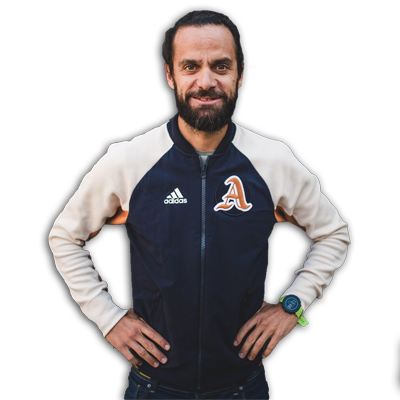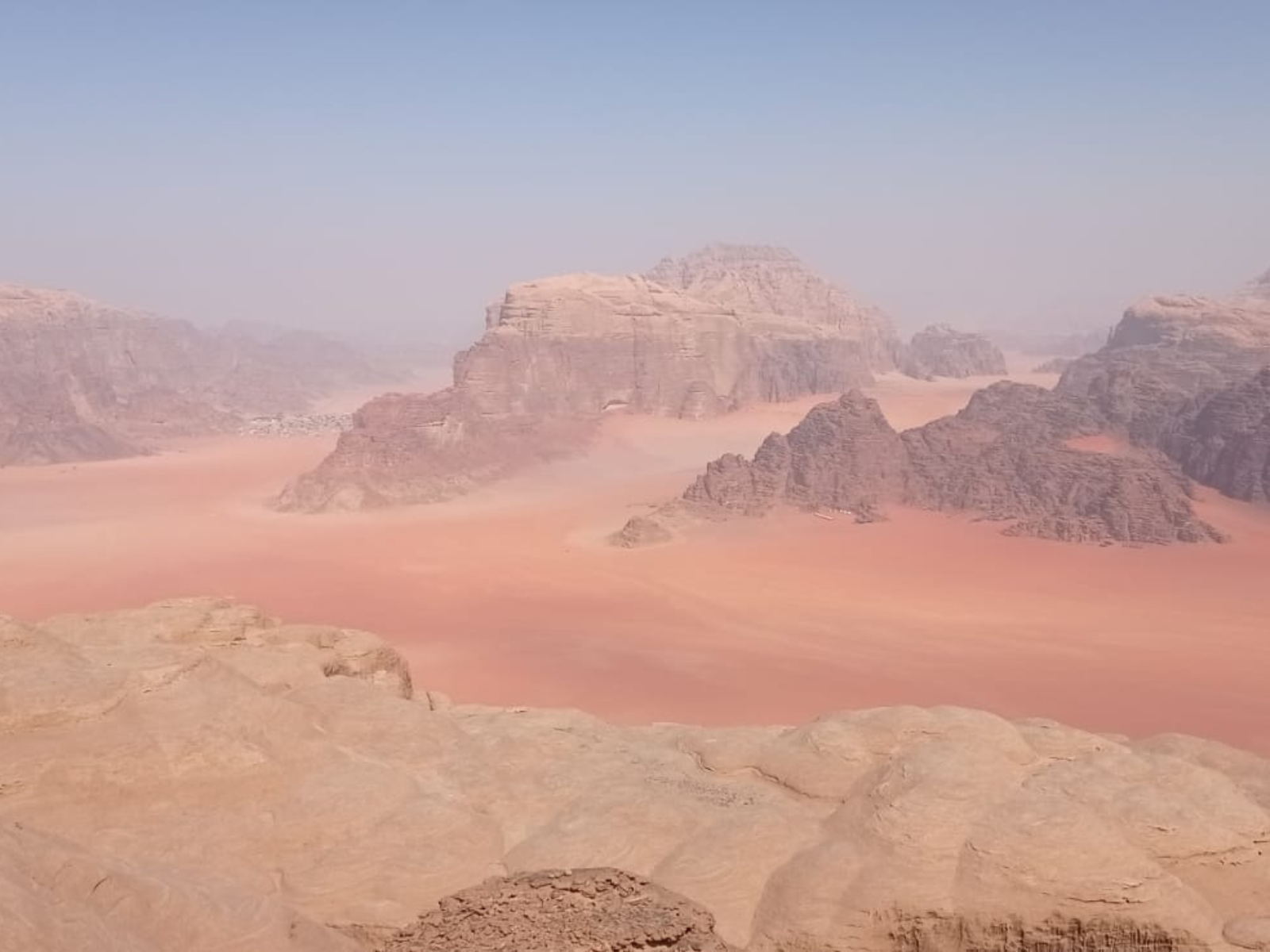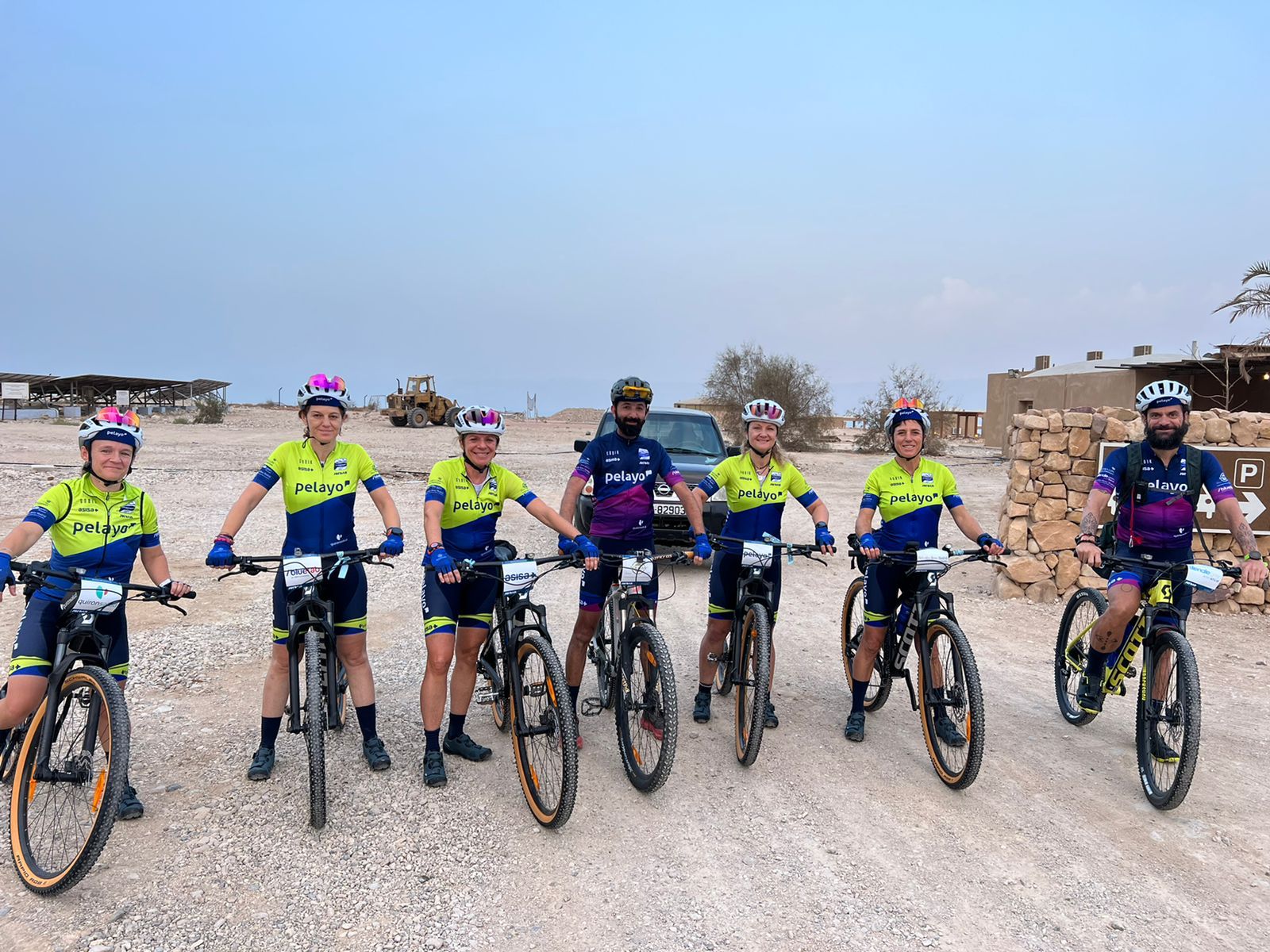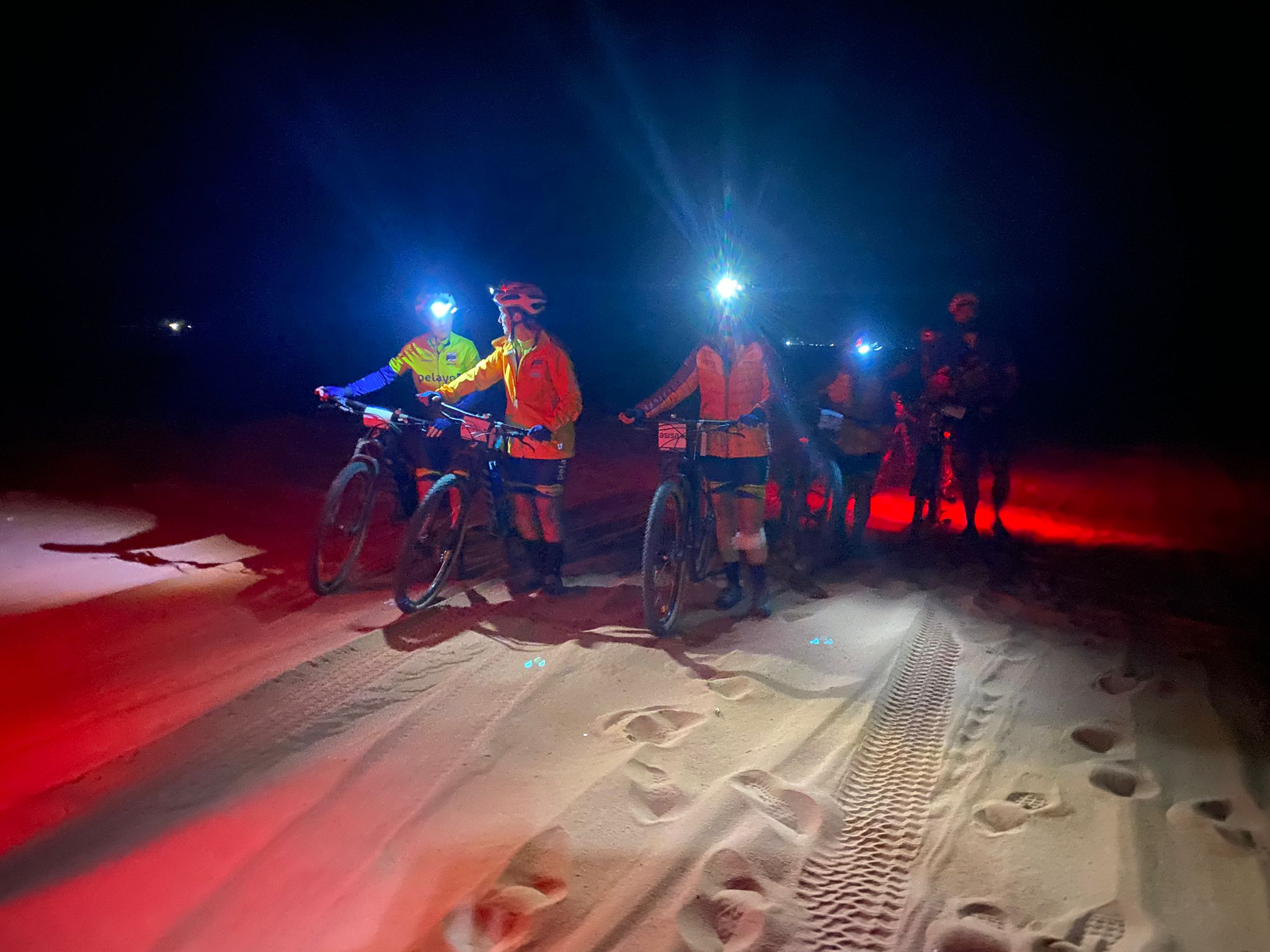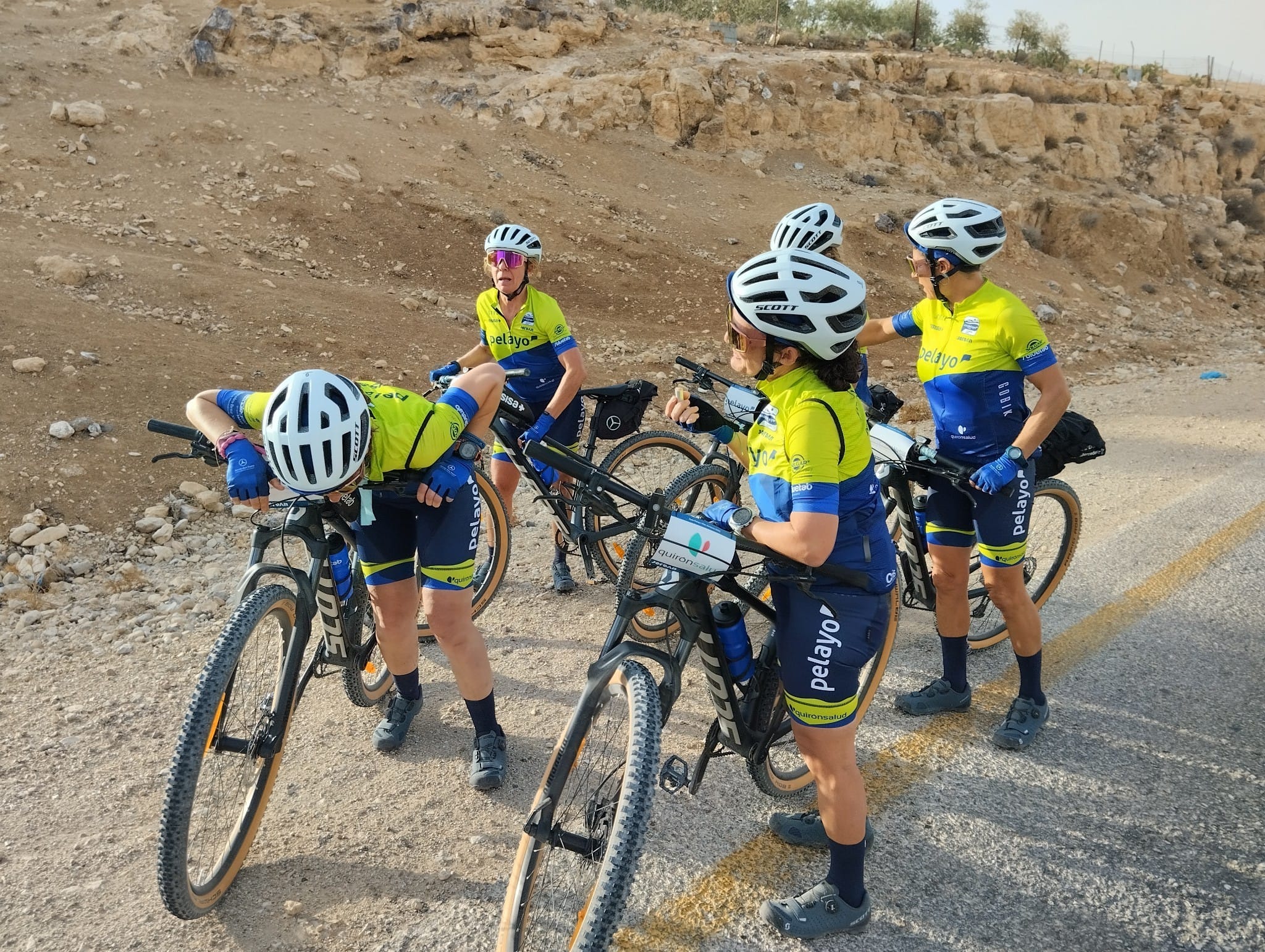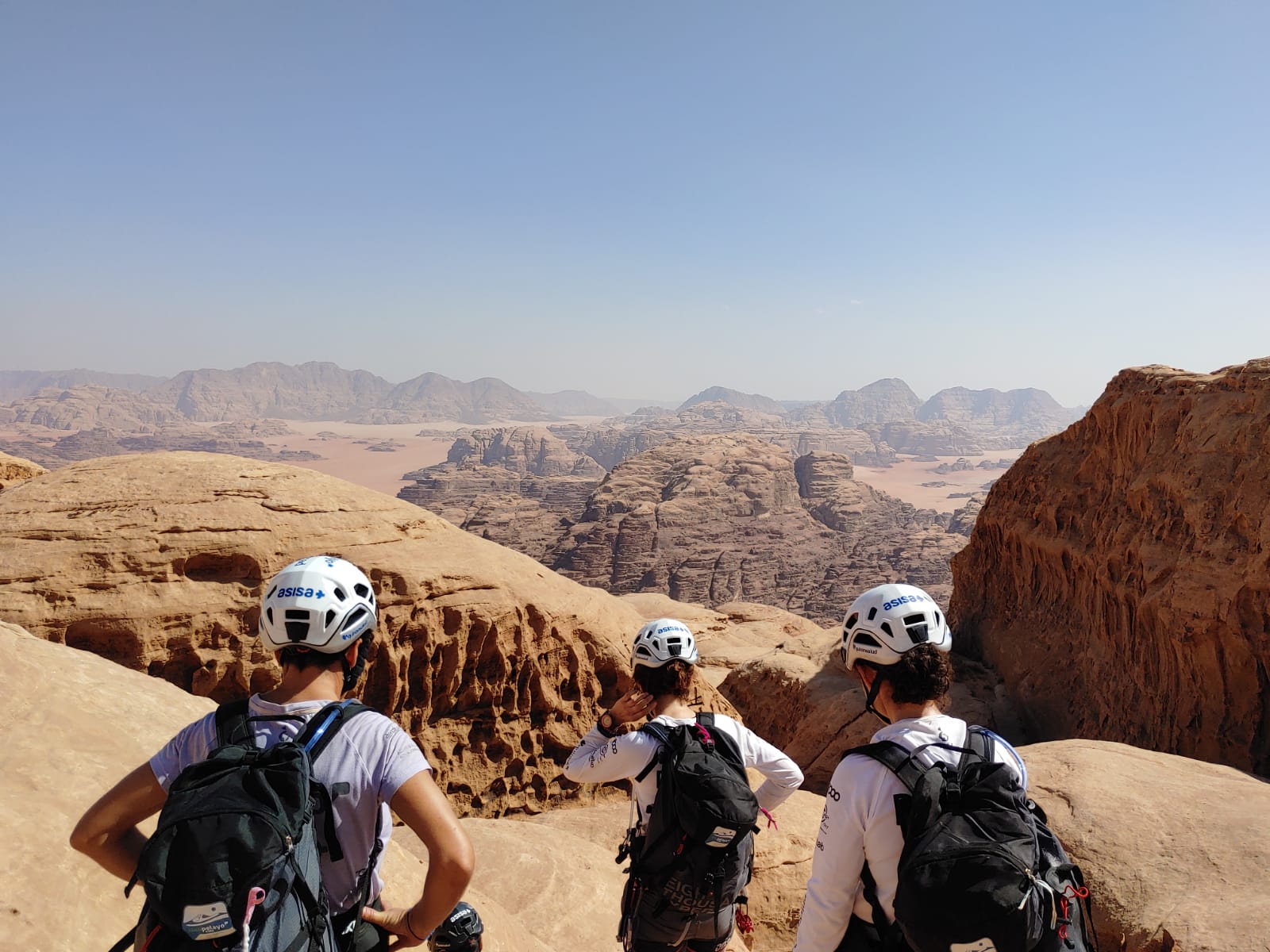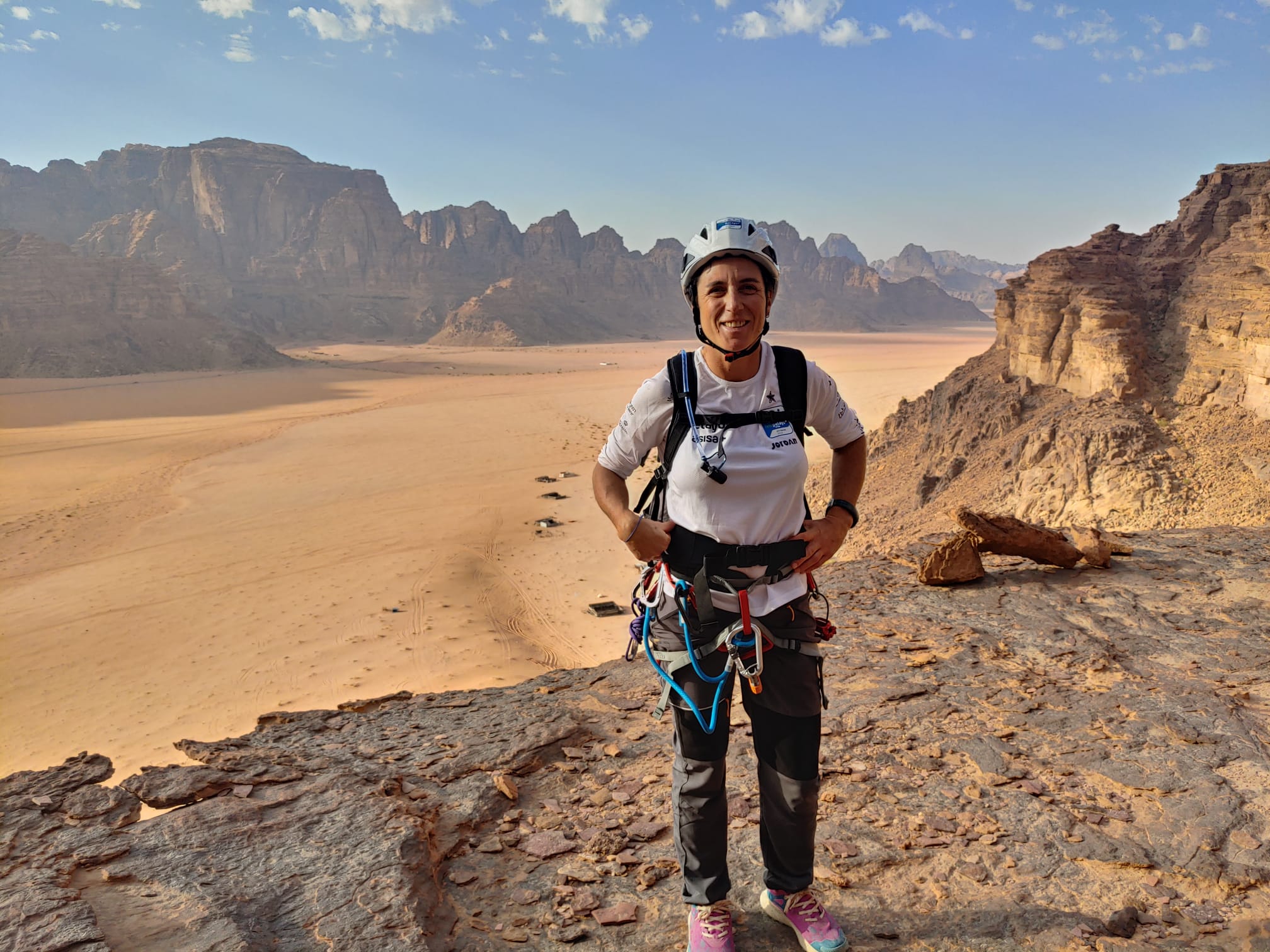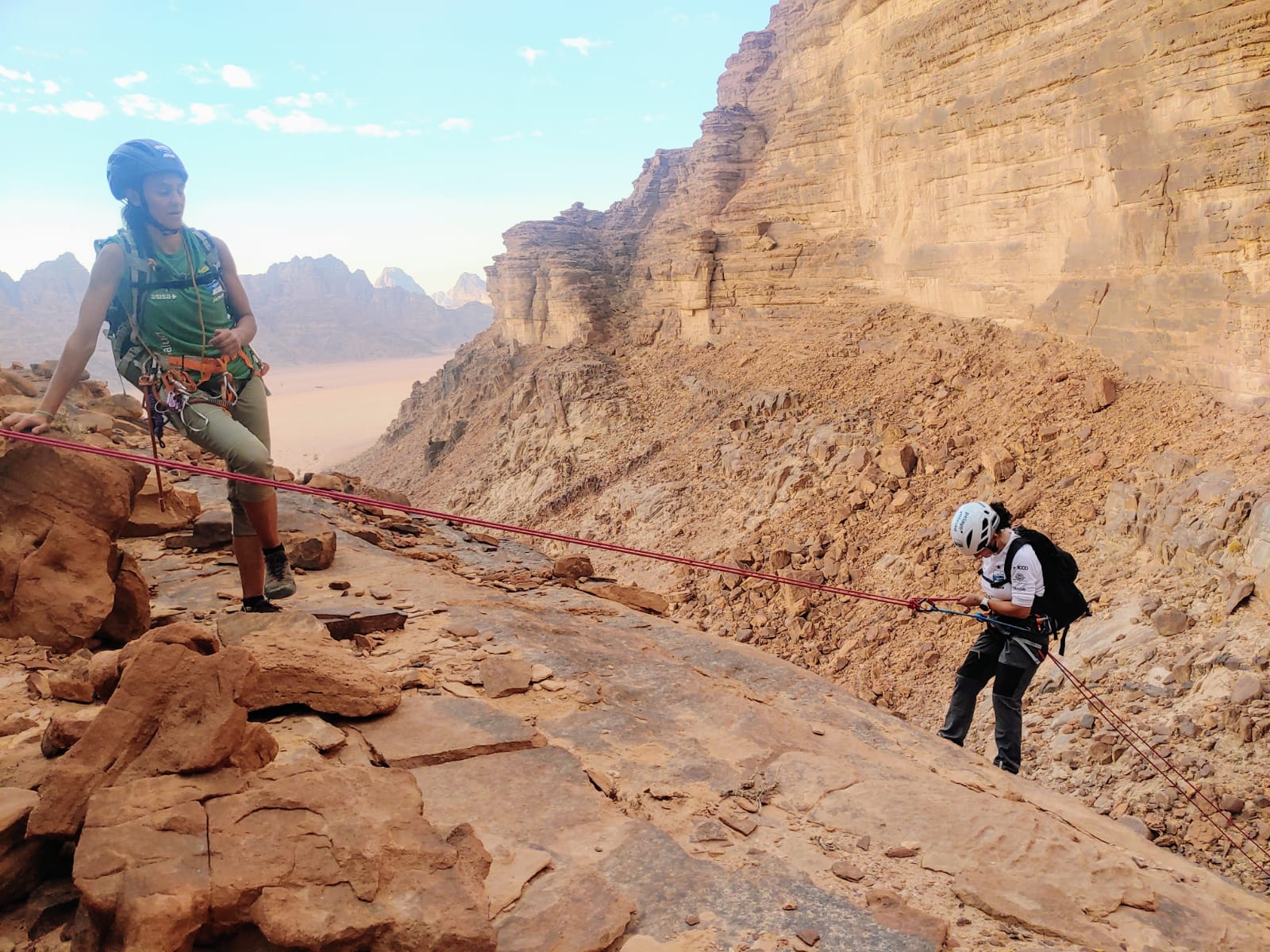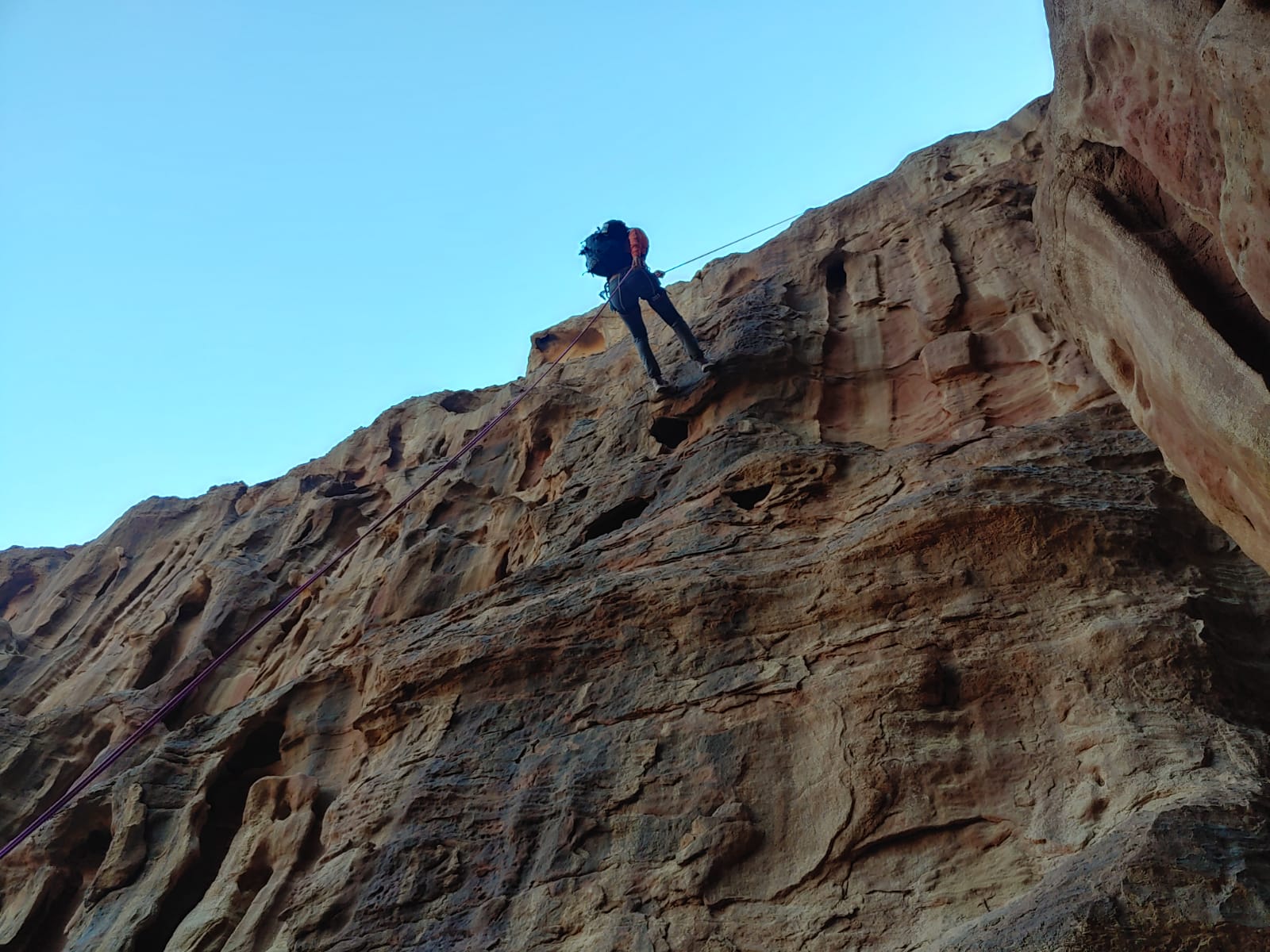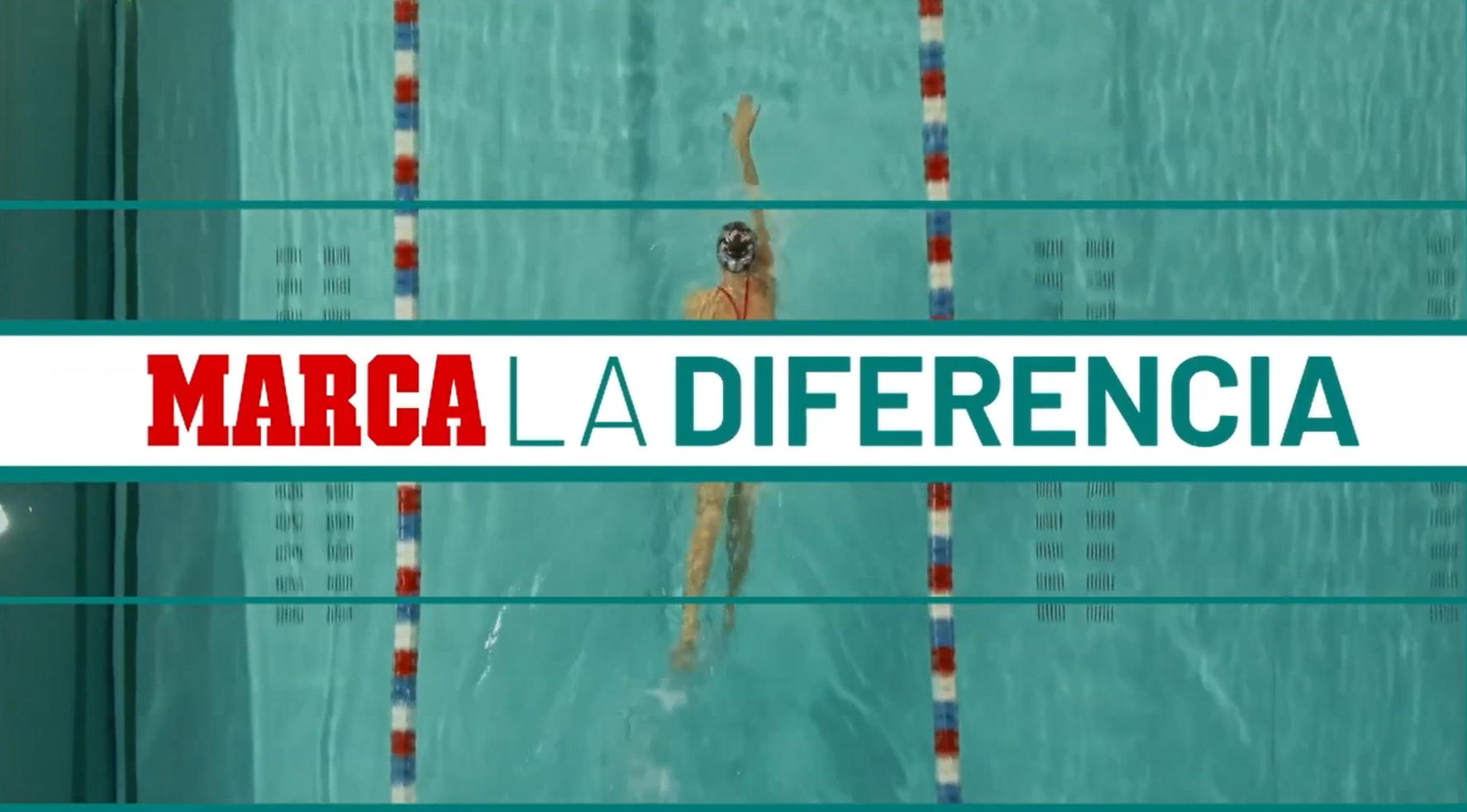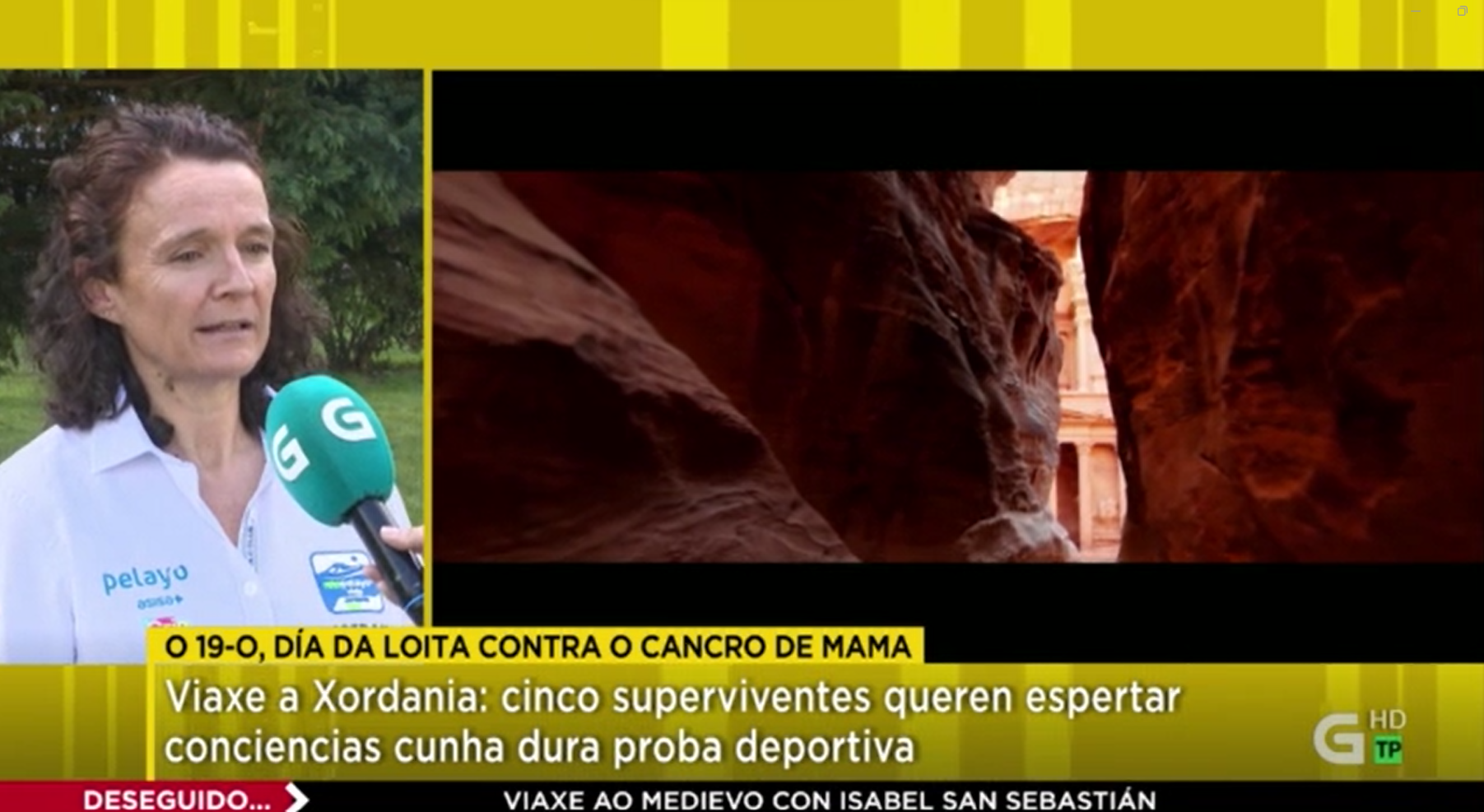The land that later became Jordan and is part of the richly historic Fertile Crescent region was the setting for this eighth edition. Its history dates back to 2000 BC, when the Semitic Amorites settled around the Jordan River in the area called Canaan. Subsequent invaders and settlers included the Hittites, Egyptians, Nabataeans, Assyrians, Babylonians, Persians, Greeks, Israelites, Romans, Muslim Arabs, Christian Crusaders, Mamluks and the Ottoman Turks, who imbued this region with a great cultural heritage.
In the 7th century, present-day Jordan was conquered by the Caliph Omar in 1100 during the First Crusade, King Baldwin I of Jerusalem carried out several raids in the so-called Transjordan (beyond the Jordan, with the aim of controlling the camel caravans that crossed the territories of present-day Jordan). During the Crusades, the Franks took control of the whole region. Transjordan then became the “Lordship of Jerusalem”, a vassal of the Kingdom of Jerusalem, which lasted until 1189, when the great Saladin occupied all of Transjordan, and remained under the rule of the Ayyubid dynasty until 1259, when it passed into the hands of the Mamluks and then into the hands of the Ottomans in 1517. This eighth edition of the Pelayo Vida Challenge will take place at the very settings of all these historic battles.
At present, Jordan is an Arab country on the eastern banks of the Jordan River, characterised by ancient monuments, nature reserves and coastal resorts. It is home to the well-known archaeological site of Petra, the Nabataean capital dating back to around 300 BC. Petra is nicknamed the “Pink City”, because it is located in a valley with tombs, temples and monuments carved into the surrounding pink sandstone cliffs.
The Pelayo Vida Jordania Challenge against cancer, now in its eighth edition, aims to spread the word about the benefits of exercising during and after cancer treatment by cycling, climbing and diving within one of the greatest cultural crossroads on Earth.







